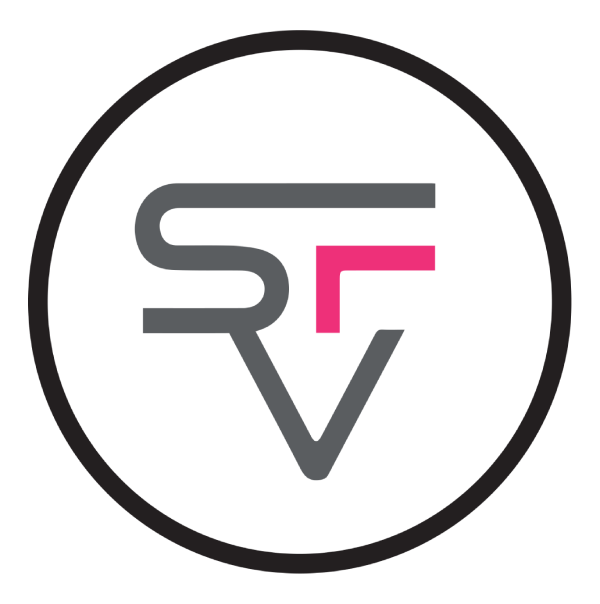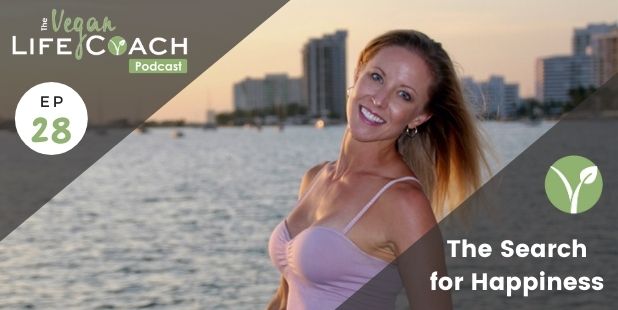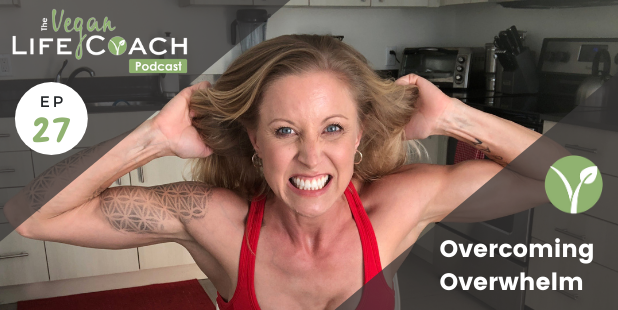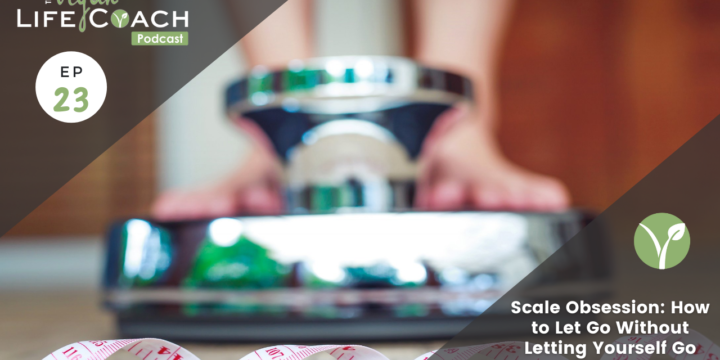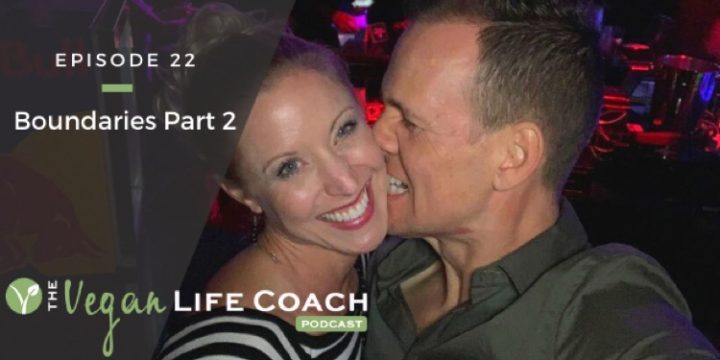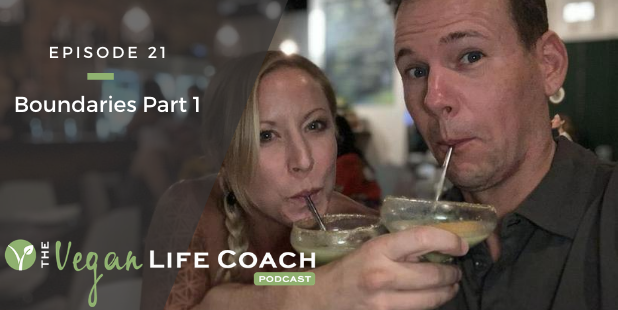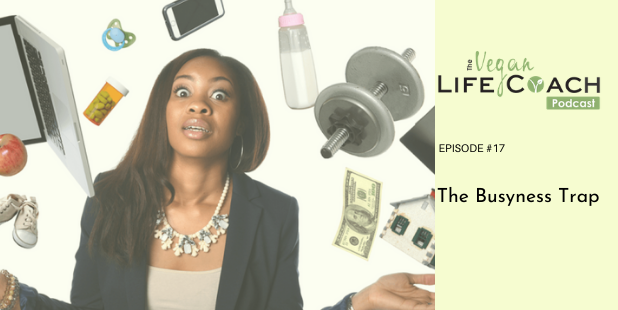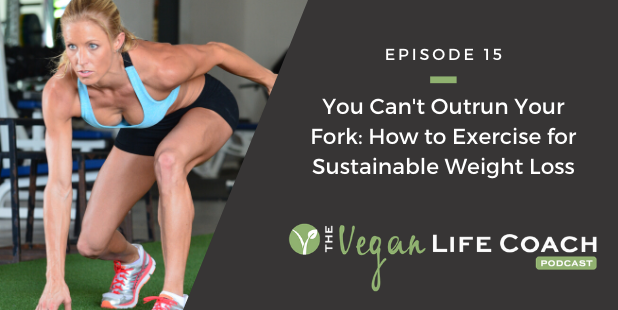All to often we think, “I’ll be happy when…”
LISTEN/WATCH
Subscribe: Apple Podcast | Stitcher | Spotify | YouTube
*Links mentioned in the episode are at the bottom of this page.
There is a misconception that we can find happiness outside of ourselves… That happiness is waiting for us in the future when we have accomplished certain things, or have met certain goals.
The truth of the matter is that that we have to be in charge of our own happiness. Happiness doesn’t happen to us or for us. Happiness is not a future state. If we tie our happiness to a certain weight, to a way that we want to look, or the goals we wish to accomplish, we give away the inherent power we all have to CHOOSE happiness NOW.
If you say to yourself, “I’ll be happy when I’ve lost 20 pounds, or when I’ve successfully ran a marathon, or found the man of my dreams,” you will always be chasing happiness.
There’s a quote, and I’m not sure who to credit it to, but it goes something like, “Beware of destination addiction or preoccupation with the idea that happiness is in the next place, the next job, with the next partner. Until you give up the idea that happiness is somewhere else, it will never be where you are.”
Here’s the deal though: You really have to be willing to dig in. Even when you get to the place where you think, “I should be seeing some results by now,”
By digging in, and practicing the Self-Empowerment Coaching System (episodes 4 and 7) we teach at Vegan Life Coach Academy, you will be shocked to discover things you didn’t know you didn’t know.
If you embrace the idea that happiness is NOW, and that you are worth learning to love yourself before you lose a pound, then you’ve really earned the golden ticket.
We’re not saying that loving yourself now means you have to stay the way that you are physically. We’re saying that learning to shift your mindset away from a place of depravity and restriction, which is ultimately a place of punishment, is key. The diet culture has taught us to punish ourselves, despite the fact that restriction leads us to sabotage our results over and over again.
When you come from a place of love however, the outcome is completely different. From a place of love you choose to go for that run because you care about strengthening your body and want to be healthy and fit. You reach for the fruits and veggies because you love yourself enough to provide your body with the best nutrition. You buy the highest quality supplement that you know makes your body sing because you value your healthy, and it may be a little pricier than you’d like, but you know that that is sourced from a place that’s pure, and you make the decision out of love for yourself and your body.
Developing unconditional love for yourself is a game changer. It takes work to get to the place where you love yourself so much you’re dangerous, as Brene Brown says. And the work is well worth the outcome, which is that your body trusts you enough to get to the place where it’s supposed to be…
It is from a place of self-love that the excess weight, excess fat that you’re carrying is going to melt off, just like the excess weight that you’re carrying emotionally is going to disappear. You’re going to be learning to deal with your inner critic head on, and then you will be making healthy choices out of love for your body, not as punishment.
You are worth this fight. You are worth being, “all in,” committed to this process because ultimately, where this process is going to take you, is a place of complete and total freedom. It’s going to give you the opportunity to choose happiness in the moment, because you know it’s available to you right here, right now. .
MENTIONED IN THIS EPISODE
CONNECT WITH US!
Grab the valuable gift we have for you HERE.
Have a question you’d like us to answer, or feedback you’d like to give us (we love hearing from you!)? Leave us a voice (or written) message HERE.
Interested in receiving a free coaching session to air on an upcoming episode? Apply HERE.
